Projects
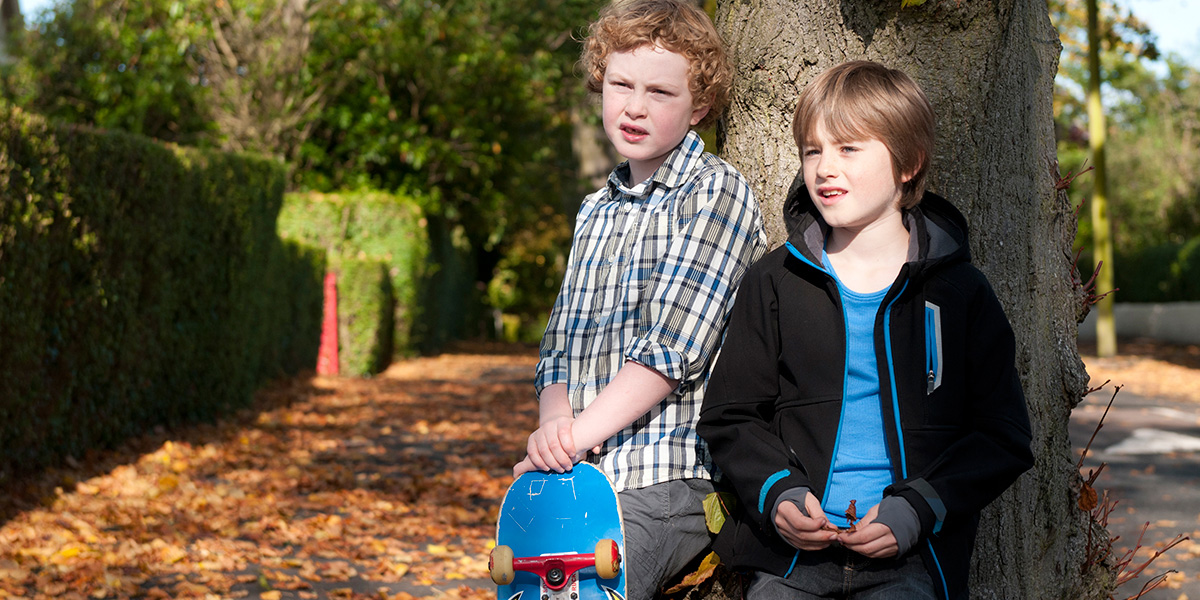
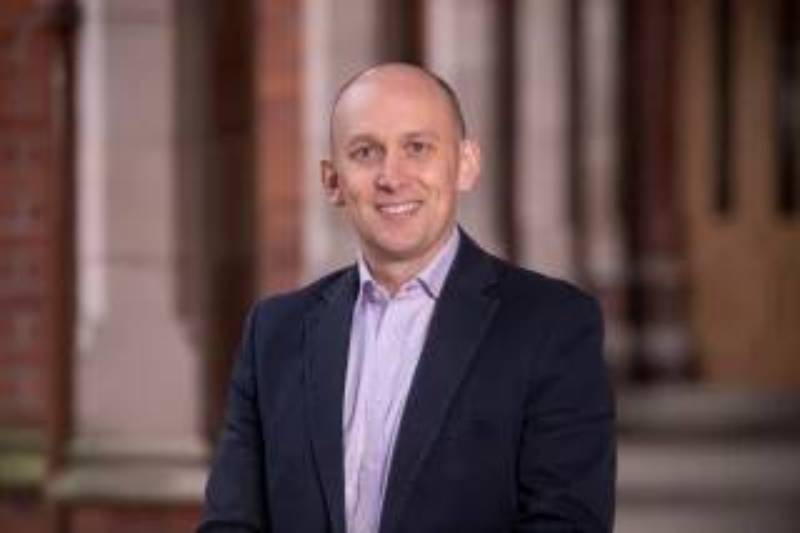
This is a large project that focusses on the contribution of neurodivergent employees can make to employment sectors, with a particular focus on public administration. The catalyst for this research is an approach from a senior practitioner within the Northern Ireland Civil Service (NICS) who is seeking to roll out a research on neurodiversity within the NICS, with a view to the Northern Ireland case acting as a pilot for other systems of public administration, nationally and internationally. As the initial phase of this research a Systematic Literature Review (SLR) was conducted to establish the range of existing research in this area. This SLR (funded by QUB Agility Fund) functions as springboard for a large survey and applied studies. The research is conducted in close collaboration between our Centre and the Centre for Public Policy and Administration at Queens.
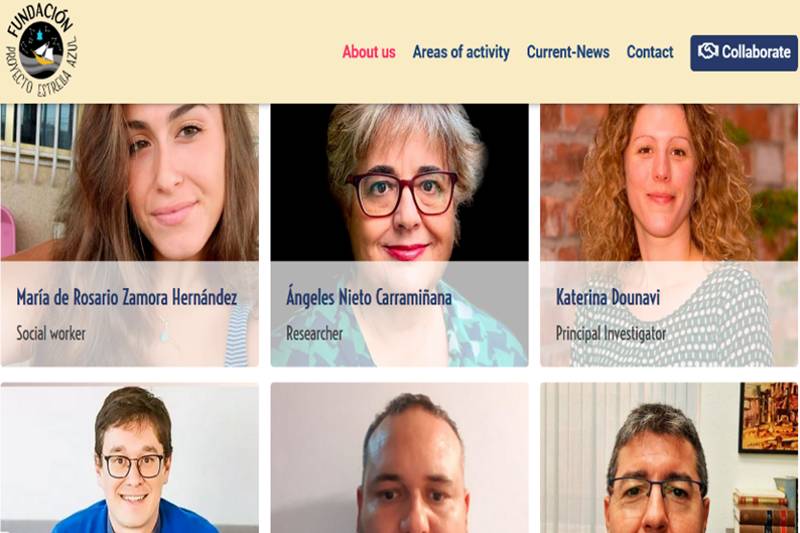
Helping young people with disabilities including autism gain meaningful employment is an important aim towards living an autonomous and fulfilling life. This project, led by Dr Katerina Dounavi, focuses on the evaluation of an innovative vocational training programme and employment placement. Its aims are to determine best practice that can be used at a larger scale, nationally and internationally.
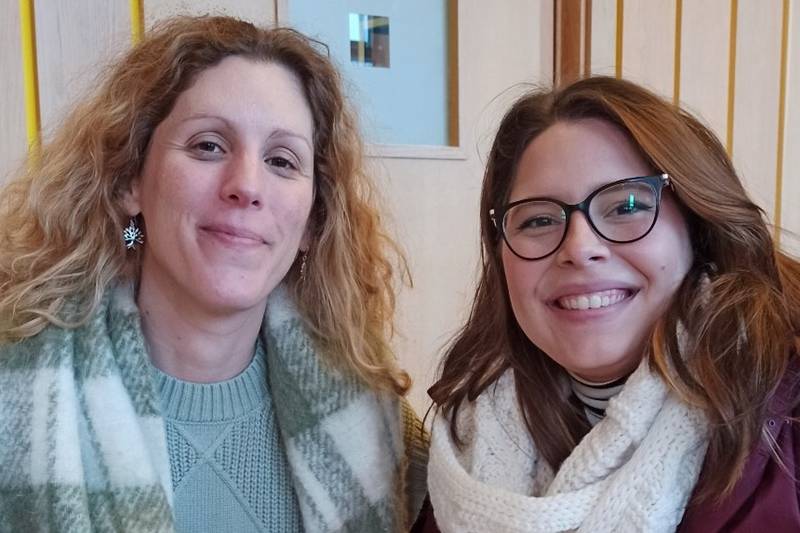
Mariana Farias da Cunha, from The Federal University of São Carlos in Brazil, has completed a 5-month visit (November 2023 to April 2024) at the Centre for Behaviour Analysis under the supervision of Dr Katerina Dounavi (CBA Deputy Director) and supported by the Coordenação de Aperfeiçoamento de Pessoal de Nível Superior – Brasil (CAPES).
During her visit, Mariana worked on a project focusing on the effects of sequential or simultaneous tact instruction on the acquisition of a small vocabulary in two foreign languages. After going back to Brazil, Mariana will continue to work with Dr Katerina Dounavi on this project, in collaboration with her primary supervisor Dr Mariéle Diniz Cortez from Federal University of São Carlos (Brazil) and Dr Mirela Cengher from the University of Maryland (USA).
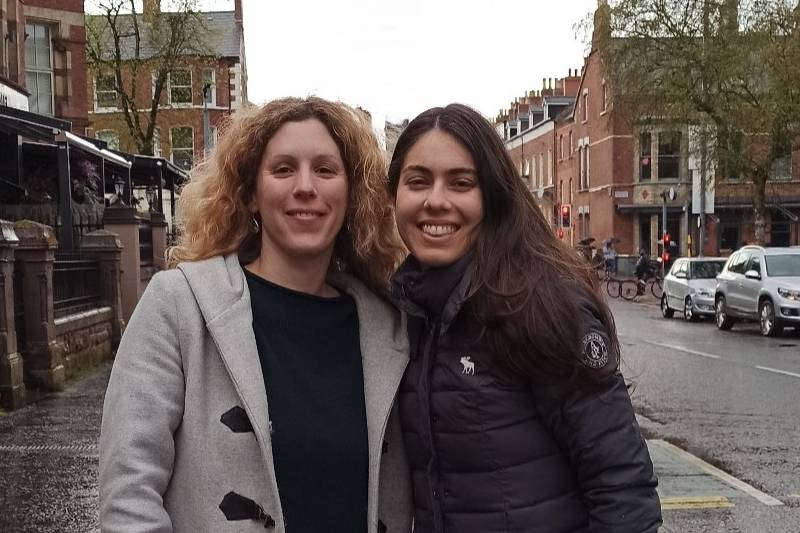
Sara Gonzalez Moron, from The Federal University of São Carlos in Brazil, completed a 4-month visit (January-May 2023) at the Centre for Behaviour Analysis under the supervision of Dr Katerina Dounavi (CBA Deputy Director). Sara's research visit was funded by a scholarship from FAPESP (Brazil). During her visit, Sara worked on a project focusing on matrix training, a form of generative instruction that has shown to be effective when used to teach a variety of skills, from reading to tacting and maths. After going back to Brazil, Sara will continue to work with Dr Katerina Dounavi on this project, in collaboration with her primary supervisor Dr Lidia Postalli from Federal University of São Carlos (Brazil) and Dr Howard Goldstein from University of South Florida (USA).

This Erasmus+ funded 3 year project (2020-2023) is the result of cooperation between international partners from the United Kingdom, Czech Republic, Netherlands, Ireland, Greece, Sweden, and Italy. The project benefitted from a Professional Advisory Group (PAG) that included a further 16 European countries to ensure that the standards and competences developed in the project are acceptable to as many European countries as possible (see Keenan, Dillenburger et al.(2022) Professional development of behavior analysts in Europe: A snapshot for 21 countries, Behavior Analysis in Practice. https://link.springer.com/article/10.1007/s40617-022-00754-0).
The overall objectives of the project were to facilitate transparency and recognition of qualifications for behaviour analysts in Europe. The profession of behaviour analyst started in the early 1970s in North America. However, it is not formally recognised in Europe or further afield. For behaviour analysts to be able to practice within the EU with the same expectations surrounding knowledge, skills, and autonomy and responsibilities, it is necessary to create a clear range of competences for the profession. Most recently, behaviour analysts were recognised in the UK by the Professional Standards Authority, when their professional register was approved (cf., https://www.professionalstandards.org.uk/what-we-do/accredited-registers/find-a-register/detail/uk-society-for-behaviour-analysis).
The project has 6 Intellectual Outputs (I0). IO1 covers professional standards referenced to European Qualifications Framework (EQF). I02 outlines the development of the behaviour analyst qualification in the context of the six partner National Qualifications Frameworks (NQF). I03 provides a detailed glossary of terms in partner languages. I04 outlines a competency framework for entry-level EuroBA-Technicians (EuroBA-T). I05 is a competency framework for Master's-level EuroBA (EuroBA-M). I06 is an online entry-level multimedia course in six partner languages. For more information see http://euroba.org/
QUB is represented on the EuroBA project by Centre for Behaviour Analysis colleagues Professor Karola Dillenburger, Dr Katerina Dounavi, and Dr Nichola Booth.
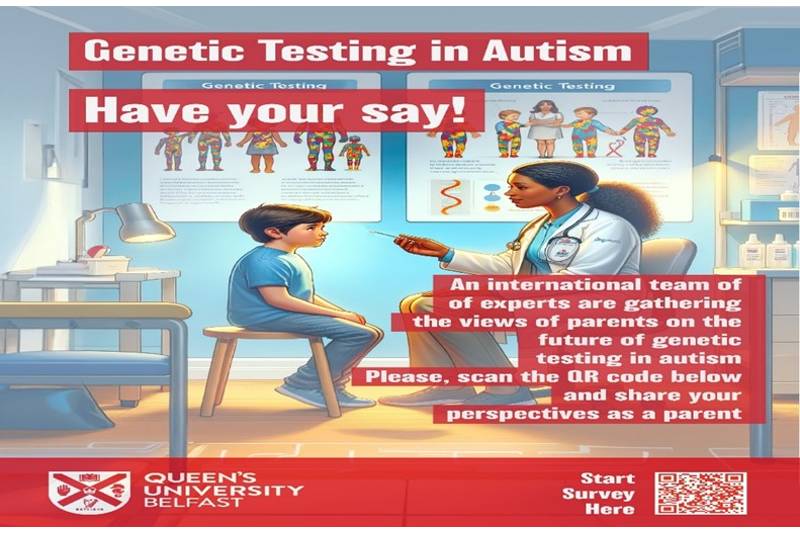
Recent developments in the field of autism point towards the need for evidence-based interventions to be put in place early in a child’s life. Such early access to appropriate support has shifted the focus of researchers towards parent-mediated interventions during infancy that can alter a child’s developmental trajectory, maximising their potential, before more permanent brain structures are formed.
The criticality of such early access to behavioural interventions means that we need to identify predictors of a later autism diagnosis as early as possible. So far, there is no pre-birth or early-life screening test for autism and behavioural screening is based on observations that are conducted by clinicians.
At the same time, the wishes and needs of parents during pregnancy and early life are largely unknown for the autism community, unlike for other disabilities. This project, led by Katerina Dounavi, aims to bridge the gap between the need to detect autism early and parental wishes around how/when to do this. This will ensure that future early life autism research embraces the voice of parents and empowers them to support their child as best as they can.

CBA Deputy Director Dr Katerina Dounavi established the Telehealth Lab in 2016. Katerina has more than 20 years of clinical experience working with children with developmental delays using ABA and over 10 years using telehealth. In 2017, she secured two studentships for PhD students Emma Craig and Jenny Ferguson to work on telehealth projects focusing on supporting parents and professionals working with children with autism. Since then and especially since the pandemic, more students and professionals have begun using telehealth to deliver services or conduct research based on the expertise we have built and shared throughout the years. Our research findings have been presented in international conferences and published in scientific journals (see https://www.qub.ac.uk/research-centres/CentreforBehaviourAnalysis/Publications/). Keep an eye on this page for developments from our Telehealth Lab!
This pilot programme is trialling a bespoke VR classroom experience to help young people with an autism diagnosis, attending mainstream school, to improve their attending and responding classroom behaviours. The project will combine technology and scientific principles from behaviour analysis to teach, through gamification, ways to help improve school experiences.
The VR classroom will be tailored to the needs of each individual participant and programme development will be based on their responses. This programme has been designed in collaboration with NewRed TV and colleagues at Ulster University.
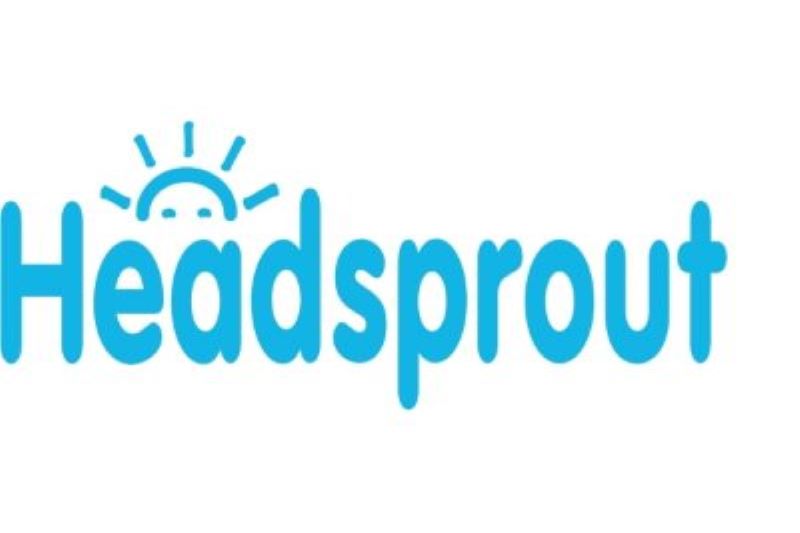
Funders: Mencap and Fostering Network Northern Ireland
Duration: 2019
Dr Catherine Storey is currently working on two Pilot Evaluations of Parent-led use of Headsprout Early Reading on Literacy Skills of Children with Intellectual and Developmental disabilities in Northern Ireland and with Looked-After Children in Northern Ireland.
These pilot projects are evaluating the efficacy of a computerised reading program when delivered to children with learning difficulties, by their parents and carers who will receive initial training and ongoing support in using the program.
The overriding aim of these projects is to explore the feasibility of introducing educational programs such as this for parents and carers who wish to support their child’s learning at home. There are 24 Mencap families and 50 Fostering Network Northern Ireland (FNNI) families involved in this research which adopts a cluster randomised control trial.
FNNI staff will be trained as programme facilitators who will deliver monthly support to carers running the programme.
Collaborators:
PI - Dr Claire McDowell- Ulster University
CI’s - Dr Catherine Storey (QUB), Dr Corinna Grindle (University of Warwick), Prof Richard Hastings (University of Warwick).

Social Farming is the practice of offering family farms as a form of social service. The farm is not a specialized treatment farm; rather the farm remains a typical working farm where people in need of support can benefit from participation in the farms’ activities in a non-clinical environment. It also reconnects farmers with their local communities through the opening up of their farms as part of the social support system of the community.” Social Farms provide day opportunities to service users an alternative to attending day centres or traditional therapies for their clients.
Duration: 2019
Collaborator: Dr Lynn McKerr
As ''Knowledge Provider" CBA will deliver a report in the form of case studies as part of a multimedia package. This will detail findings on the comparative physical and mental well-being of the participants and their families over a 6-month period, and also their opinions on any perceived barriers to access and their suggestions for improvements/future development of the social farming experience from a service user perspective. The report will be based on results from standardised tests and also specifically tailored qualitative interviews/questionnaires; this information will be embedded with short video clips illustrating the impact of social farming on participants and their families. We will also produce an easily accessible version of the report so that the academic evidence and insights into what social farming means to the people who take part will be available to participants and their families.
For more detail of the Social Farm we work with see https://dolanssocialfarm.com/
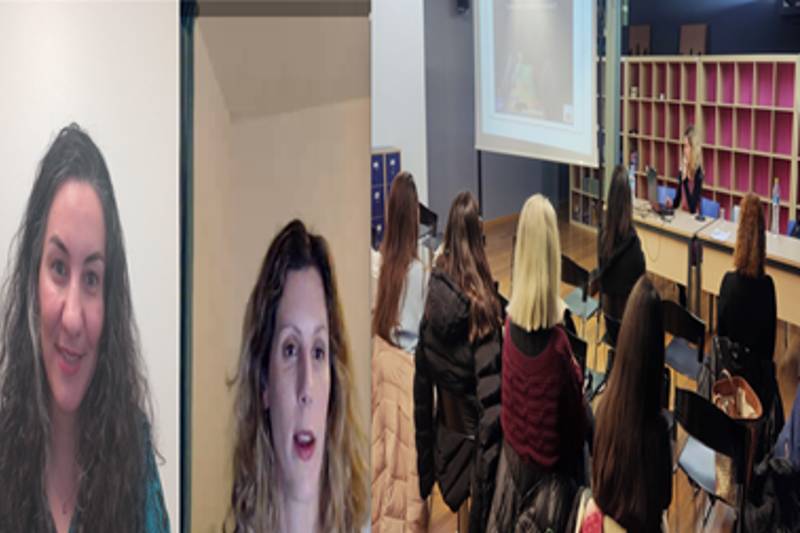
Project Lead: Dr Katerina Dounavi
Funder: ESRC IAA
Research Fellow: Dr Meral Koldas
The aim of the project, led by Dr Katerina Dounavi, was to increase public awareness of the potential to identify the first autism signs within the first 18 months of life by partnering with national health/education institutions and parent groups. Such early identification enables access to critical intervention while brain plasticity is at its peak, producing optimal developmental outcomes.
The project built upon our previous work to expand the international reach of our research by creating new training materials, culturally adapting existing ones, undertaking interdisciplinary training offered through international professional networks, and organising dissemination events across three countries/languages.
The first findings of our project have been published in the Journal of Autism and Developmental Disorders, see open access article at https://link.springer.com/article/10.1007/s10803-023-06231-z and A parental survey is currently open at https://forms.office.com/e/siDNbqg0Ki

Funder: Action Medical Research
Collaboration: Ulster University, Northern Health and Social Services Trust
Helping children in special schools to overcome vision problems. Over 100,000 children and young people attend special schools in the UK.1-4. They are more likely than other children to have vision problems, but evidence suggests their problems often go unrecognised and untreated.
Professor Kathryn Saunders, of Ulster University leads the project, in collaboration with Prof Karola Dillenburger of the Centre for Behaviour Analysis, QUB, and the Royal Victoria Hospital, Belfast. The project investigated the benefits of assessing children’s vision within the familiar environment of their school, shared the test results with parents, teachers and other people in the children’s lives, and recommended ways to tackle children’s visual problems. These steps will improve the behaviour of children and the quality of life for their families.
More information about this project can be found on the Action Medical Research website.
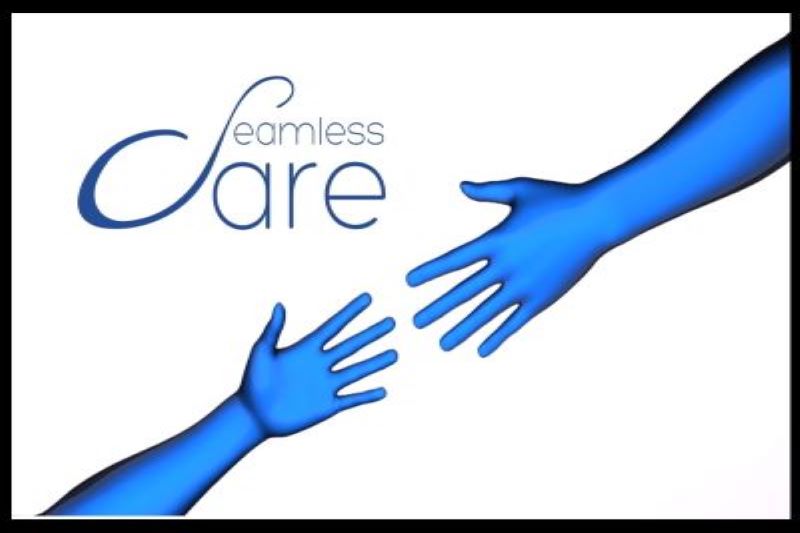
Postdoctoral Fellow: Dr Aviva Cohen
Funder: ASSISTID Fellowship, COFUND, DOCTRID
Collaboration: Prof Lizbeth Goodman (University College Dublin, UCD)
The ASSISTID fellowship is to support ageing carers to plan the future care of loved ones with severe autism. A significant barrier to the planning of future care is a fear that no one else will understand the needs of their loved one. It is believed that only they can provide the best possible care.
As a family carer, the researcher understands the importance of a person centred approach and the urgency to find practical solutions that contribute to evidence-based policy making.
Two related supports were proposed:
1) An app that enables carers to record video, pictures and notes to inform future carers.
2) A training course to address their practical and emotional challenges.
Ageing parents of severely autistic people often continue as carers for too long, this may be at the expense of their health and with risk to their charge. There is a lack of research in this area because, until recently, most people with severe difficulties pre-deceased their parents.
Ageing carers were consulted at every stage of research. More information about this project can be found on the ASSISTID website.
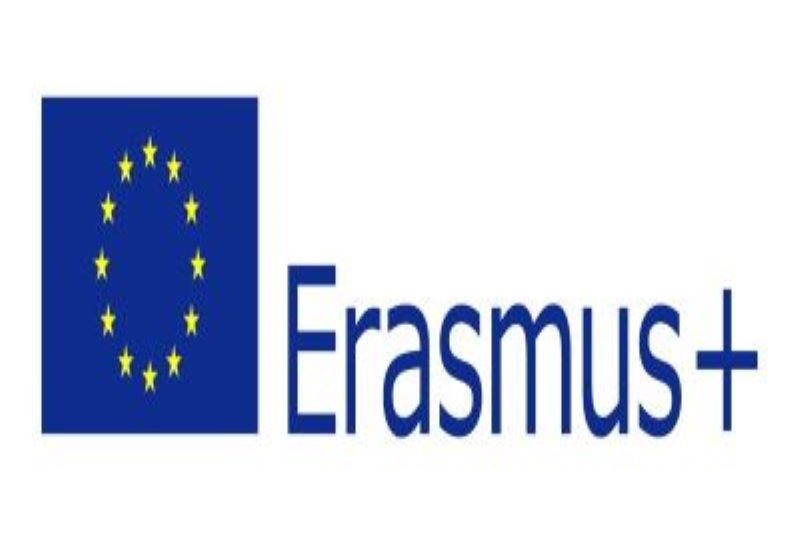
Project partners:
- Grone-Bildungszentren Nordrhein-Westfalen GmbH, non-profit (Germany)
- Fachhochschule Münster (Germany)
- Les Genets D'or (France)
- Cordaan Foundation (Netherlands)
- Beroepsvereniging Jobcoaches Nederland (Netherlands)
- Queen’s University of Belfast (United Kingdom)
- Stowarzyszenie Niepełnosprawni dla Środowiska EKON
- Stowarzyszenie JA-TY-MY (Poland)
The aim of this project was to create Europe-wide training standards for professionals in the field of vocational guidance for people with disabilities, i.e., to developing a standardised European Qualification Framework (EQF) for a qualification as a 'Job Coach for People with Disabilities'.
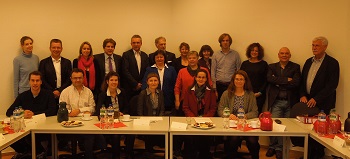
Based on the European standards for the description of the qualifications and requirements for the profession of a Job Coach for people with disabilities, access requirements for this profession as well as the key competencies for Job Coaches are defined. Another product of the project is a supplementary learning-handbook on dealing with specific disabilities, such as autism, intellectual disability, and mental health issues.
The innovative character of this project results from the topic and the target group. The development of a qualification concept for the training and continuous professional development of Job Coaches at a European level (tested Poland, Netherlands, France, Germany, United Kingdom) with regard to people with disabilities is new and corresponds with the UN Convention for the Rights of Persons with Disability and with European labour market policy promoting the justice and diversity in employment.
This project for the development of a standardized European qualification framework for the training of Job Coaches for people with disabilities brings great opportunities for all involved. The project was targeted to meet the needs of those already actively involved in training Job Coaches and aspiring Job Coaches for people with disabilities (i.e. social workers, employment therapists and employees in employment agencies, ). Indirectly, the project served people with disabilities (e.g. social workers, employment officers, employers and employees). The project aimed to support people with disabilities, educational institutions, social support organizations and employers.
The common European approach of this project summarizes and adapted national Quality standards, allows for comparability and recognizes the necessary skills of Job Coaches for people with disabilities. It aimed to create transparent and comparable standards for Job Coaches for people with disabilities in all European countries.
National adapted qualification concept for the Job Coach for persons with disabilities
European Qualification Profile of Job Coach for Persons with Disabilities
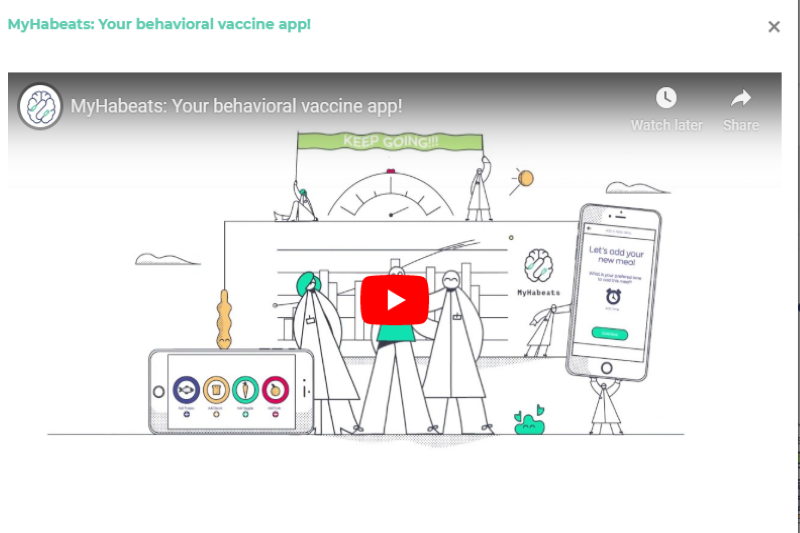
Dr Dounavi, funded my MyHabeats, produced a systematic review of the evidence of the effectiveness of behavioural mhealth applications for weight management.
This is openly accessible on the American Journal of Preventative Medicine website. Based on this review, MyHabeats was evaluated and further developed and a multidisciplinary team was formed and designed a clinical trial on the feasibility of MyHabeats with bariatric patients in the UK.

'Helping the most vulnerable out of the poverty trap and reducing inequality: Policies, strategies, and services for individuals with Autism Spectrum Disorder, including intellectual and neurodevelopmental disabilities'.
While the Autism Act (NI) 2011 was being implemented and the Departmental strategy documents were prepared, data from this research provided the baseline that allowed for benchmarking progress for individuals with ASD, including intellectual and neurodevelopmental disabilities in the years following the project.
BASE reports are available to download here:
BASE Project Volume 5 Final project report (March 2016)
BASE Project Volume 4 Qualitative data analysis (Dec 2015)
BASE Project Volume 3 Secondary data analysis (March 2014)
BASE Project Volume 2 Northern Ireland Life and Times Survey Autism Module (Sept 2013)
BASE Project Volume 1 Literature review (Feb 2015)
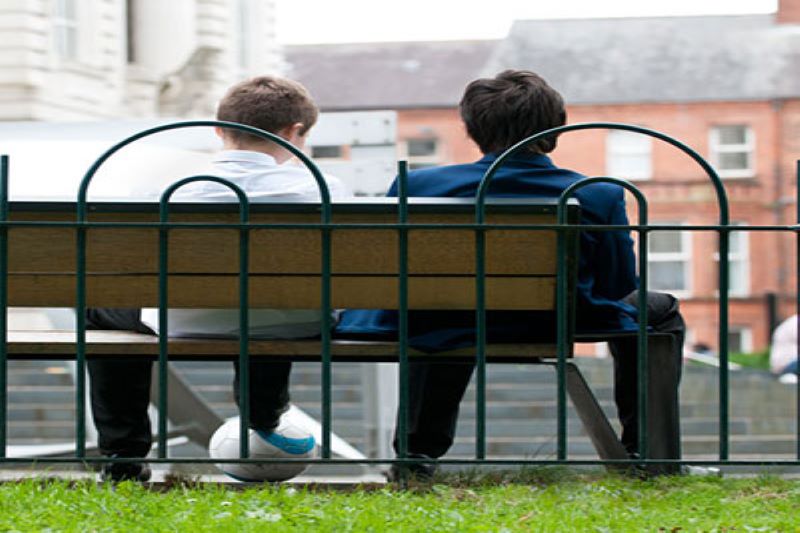
This project was funded by the Lottery, and in collaboration with PEAT and UU, the Centre for Behaviour Analysis was involved in the evaluation of this project and facilitated professional training workshops. There is a need for effective intervention and support to reduce the risk of children and young people with Autism Spectrum Disorders being excluded from education.
Dealing with disruptive behaviour is a difficult issue for many teachers. Suspensions or exclusions are becoming increasingly used as a last resort with many teachers feeling that there is no alternative. Research shows that children with Autism and other special education needs can face higher rates of exclusion and poorer educational outcomes than their peers.
Without the right support from school, the educational process, social skills, the self-esteem and health of children with Autism will suffer. With the proper support they can achieve their full potential, paving the way for a more independent adult life. The project included
1 - Individual support - individualised programmes for children and young people
2 - Group support - group workshops for children and young people focusing on social and communication skills
3 - Workshops for professionals and parents - delivered in collaboration with Queen’s University Belfast
4 - Mobile solutions - virtual buddy App and virtual Behaviour Analyst App developed in collaboration with the University of Ulster.

In collaboration with City Airport, Aer Lingus, and PEAT we are helping children with autism to go on holidays. Going on an airplane can be a difficult and scary time for children with autism. Families of children with Autism Spectrum Disorder (ASD), like anyone else, would like to go on holidays, but often don’t because their child cannot tolerate airports or airplanes. Given that recent estimates show a prevalence of ASD in 1:50 children, not only do the families miss out, airports and the holiday industry in general miss out too.
We produced a video and booklet to help families prepare for going to the airport, on the plane, and have a positive experience of the airport. We organised preparatory visits that allow children with ASD to visit the airport prior to the holiday to get used to all the processes, noises, smells, and sounds.
We were given access to a stationary airplane to allow the children to get used to sitting in the plane and the Health & Safety processes. The visits were scheduled at a relatively quiet time in the airport and the process was guided and supported by behaviour analysts.
Click the links below to access the videos.
4. On the Plane

Carers Northern Ireland, in collaboration with the Centre for Behaviour Analysis, were commissioned by the Northern Ireland Human Rights Commission to provide an evidence base identifying the needs of carers for adults and assessing how current law, policy, practice and procedures respect the needs and rights of carers.
The purpose of the project was to identify the specific needs of carers of adults and the challenges they faced; to increase the evidence base within the Commission on the issues faced by carers of adults and how effective relevant laws, policies, practices and procedures are in supporting the carers of adults; to identify the potential implications of any proposed reform of relevant laws, policies, procedures and practices on carers of adults; and to identify unmet needs and develop recommendations for amendments to both existing and proposed law, policy, practice and procedure pertaining to carers of adults to ensure full protection of their rights and those receiving their care.